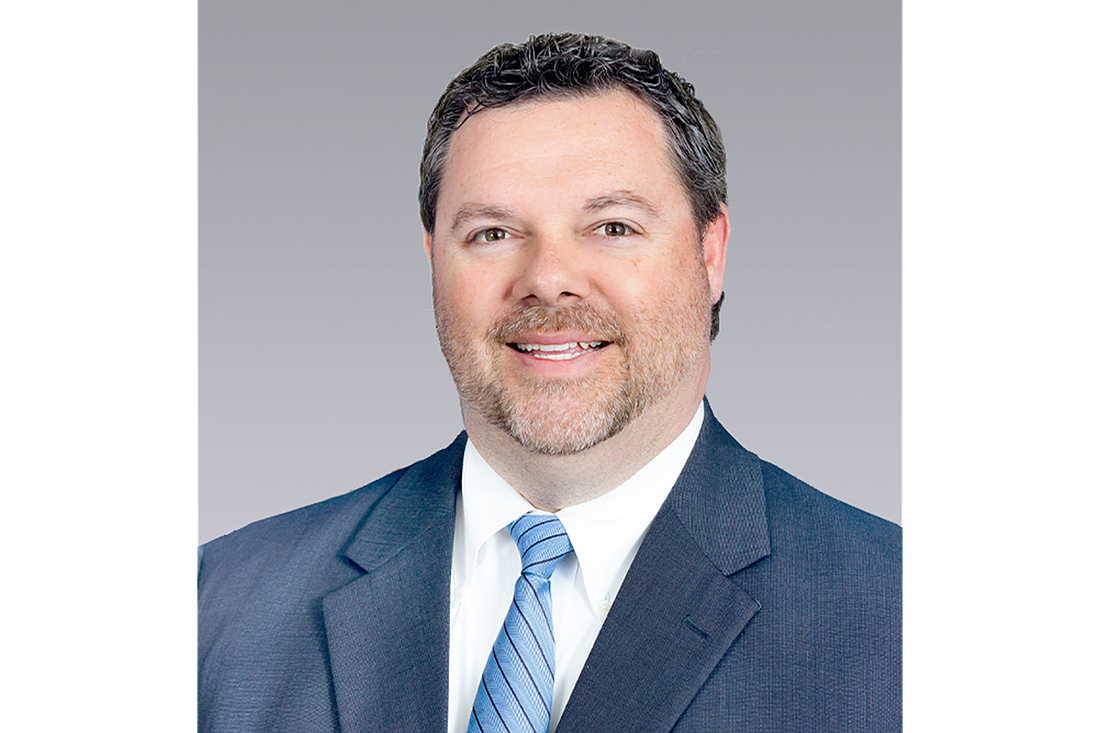1. Like many real estate executives, Casey Babb sees rising interest rates slowing down what for the past couple of years has been a meteoric multifamily housing market.
His team had averaged 40 to 50 deals per year, and since COVID-19 four to five closings per month. But that’s slowed to a trickle since rates began to go up, with the group averaging only one per month since June. And he is seeing announced projects being shelved because the economic fundamentals have changed so much.
While the cost of property insurance plays a role in what’s happening in the market, “interest rates," he says, "really (are) the biggest headwind.”
“Six months ago you could borrow at a rate in the threes,” he says. “Now, it’s somewhere in the sixes, depending on who you are, and what the property is, and how much leverage you’re asking for.”
2. With are rates likely to continue going up as the Federal Reserve works to rein in inflation, Babb sees the country entering into to some sort of “self-induced” recession in 2023.
If there is a positive, other than Babb getting to work on his golf game, it’s that it won’t be anything like what the market saw in 2008 and 2009, he says, when “the financial system was collapsing before our eyes.” Back then, there was no liquidity and buyers had to come in with all cash deals because banks were not lending.
“The availability of debt is basically like oil for an engine, it keeps everything moving in a fluid way,” Babb says.
Banks, fearing a repeat of ‘08 and ‘09, have been more disciplined with lending in the past 10 years, making sure borrowers have enough equity in a project, even if it means putting more money down on a project to make sure the numbers work.
“The banks are largely flush with capital,” Babb says.
3. With the demand for apartments still high as the population in Florida continues to grow and occupancy rates remain incredibly high, Babb believes the multifamily market will see some type of rebound in the coming year from where it’s been the past few months.
The numbers, however, may not make for headlines as they have the past couple of years.
Along with the banks having capital on hand, he says “there are record amounts of money and investment funds being raised right now to take advantage of the lower prices that are coming.”
These lower prices will be on properties that recently sold to ambitious investors who may now find themselves in trouble because they “got in over their skis and maybe took on too much leverage,” he says.
In a lot of these are investors who closed deals with floating rates in 2021 and now have properties that can’t pay for themselves.
“Those are going to be situations where sellers are coming to market, not by choice but by necessity,” Babb says. “And that’s what a lot of buyers are kind of hoping for frankly, they’re looking to take advantage of that.”







